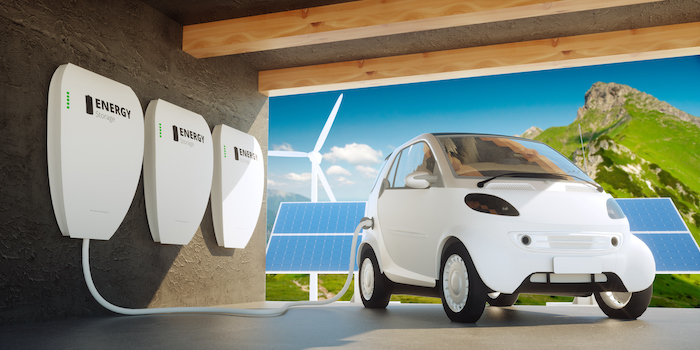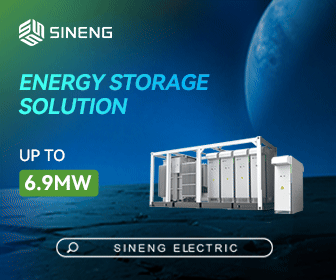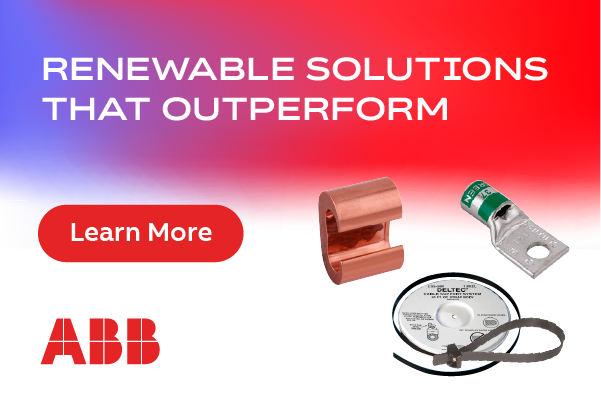‘Driving’ Change: EV Tax Credit Revolution Unveiled in 2024
In the ever-evolving landscape of sustainable transportation, a ground-breaking shift is here: 2024 ushers in a revolutionary change in Electric Vehicle (EV) tax credits in the United States. Under the Inflation Reduction Act (IRA), a transformative policy is set to enhance sustainability by providing Americans with the opportunity to accelerate the adoption of clean vehicles. The act allows consumers to transfer their new clean vehicle credit at the point of sale, thereby significantly reducing their upfront cost and expediting the transition to eco-friendly driving.

The new guidance helps car dealers grow their businesses by increasing access to Inflation Reduction Act credits at point of sale for new and previously owned electric vehicles. To qualify, EVs and their battery components must be assembled in North America.
IRA: Instant consumer empowerment
Beginning January 1, 2024, the IRA empowers American consumers to make an immediate impact on the environment through the adoption of clean vehicles. Under this legislation, consumers can choose to transfer a new clean vehicle credit of up to $7,500 and a previously owned clean vehicle credit of up to $4,000 to a car dealer. This pioneering approach effectively transforms the traditional tax credit system, offering consumers an upfront down payment on their clean vehicle right at the point of sale – a welcome departure from the conventional method of waiting to file the credit on the next year’s tax return.
IRS energy credits online: streamlining processes
To facilitate this monumental shift, the Internal Revenue Service (IRS) launched IRS Energy Credits Online, a user-friendly platform aimed at streamlining the registration process for EV dealers. EV dealers began registering on this platform in November of 2023, a prerequisite to offering consumers clean energy tax credits for qualifying electrified products. Registered dealers submit clean vehicle sales information to the IRS and receive prompt payment for transferred credits, which ensure that taxpayers receive the credits and deductions they are eligible for.
Domestic critical elements play starring role
There is a growing awareness of the importance of securing a domestic supply of critical minerals, including lithium, due to their significance in the production of batteries for electric vehicles and renewable energy storage. The U.S. Government is actively seeking to reduce dependence on foreign sources for these critical minerals with production tax credits for domestic mining projects.
In 2022, the United States imported 3,600 metric tons of lithium, with the majority sourced from Argentina and Chile. The United States holds about 8 million metric tons of lithium in reserve, ranking it among the top five countries in the world, according to the USGS. Yet it currently produces only 1 percent of the world’s supply at one solitary lithium brine mine in Nevada called Silver Peak.
However, a transformative shift is on the horizon as America stands at the cusp of becoming a significant lithium producer, propelled by the Inflation Reduction Act and its incentives to lithium developers and domestic end users. With an eye on national energy security, US lawmakers are increasingly determined to support the sustainable commercialization of America’s most promising lithium projects.

When President Biden signed the Inflation Reduction Act (IRA) into law in August 2022, clean energy leaders recognized that this was the largest federal investment in alternative energy and sustainability in American history. The IRA is revolutionizing the landscape of sustainability in America by incentivizing and rewarding every aspect of domestic critical element production, including mining, processing, manufacturing, and recycling. The American consumer will reap financial rewards for driving EV’s sourced with North American components.
$3.5B to strengthen domestic battery manufacturing
In November 2023, the Biden Administration announced $3.5B in funding to strengthen domestic battery manufacturing, a sector that China has had a stranglehold on for decades.
“Positioning the United States front-and-center to meet the growing demand for advanced batteries is how we boost our global competitiveness, maintain and create good-paying jobs, and strengthen our clean energy economy” said U.S. Secretary of Energy Jennifer M. Granholm. “President Biden’s historic investments are giving the boost needed to build a robust domestic battery supply chain that is Made-in-America.”
Transportation & greenhouse gases
As part of President Biden's goal to ensure that 50 percent of all new vehicle sales be electric by 2030 (released April 17, 2023), the White House announced public and private commitments to support America's historic transition to electric vehicles (EV) under the EV Acceleration Challenge.
The United States Environmental Protection Agency (EPA) reports that the “Inflation Reduction Act is investing $1 billion to replace dirty heavy-duty vehicles with clean, zero-emission vehicles, support zero-emission vehicle infrastructure, and to train and develop workers.” In addition, the Environmental Protection Agency (EPA) is distributing $1 billion in funding for clean heavy-duty vehicles from now until 2031.
By accelerating clean energy innovation, and creating good jobs and economic development in communities across the country, America’s economic growth and global competitiveness will be the model every global citizen will look to emulate.
The IRA promises good-paying union jobs in energy communities. Clean energy tax credits will increase by 10 percent if the clean energy projects are established in communities that have previously relied upon the extraction, processing, transport or storage of coal, oil, or natural gas as a significant source of employment.
As 2024 unfolds, the EV tax credit revolution (coupled with many other milestone cleantech policies rolling out) will drive change in the automotive industry and in the broader landscape of sustainability. The stage is set for a paradigm shift that will shape the future of transportation and contribute to a cleaner, more environmentally conscious America.
 Greg Reimer is President & CEO at Surge Battery Metals, (TSXV: NILI) (OTC: NILIF) (FRA: DJ5C), a pure-play lithium company focused on a flagship project called Nevada North Lithium Project in Elko County.
Greg Reimer is President & CEO at Surge Battery Metals, (TSXV: NILI) (OTC: NILIF) (FRA: DJ5C), a pure-play lithium company focused on a flagship project called Nevada North Lithium Project in Elko County.
Surge Battery Metals | surgebatterymetals.com
Author: Greg Reimer
Volume: 2024 January/February









